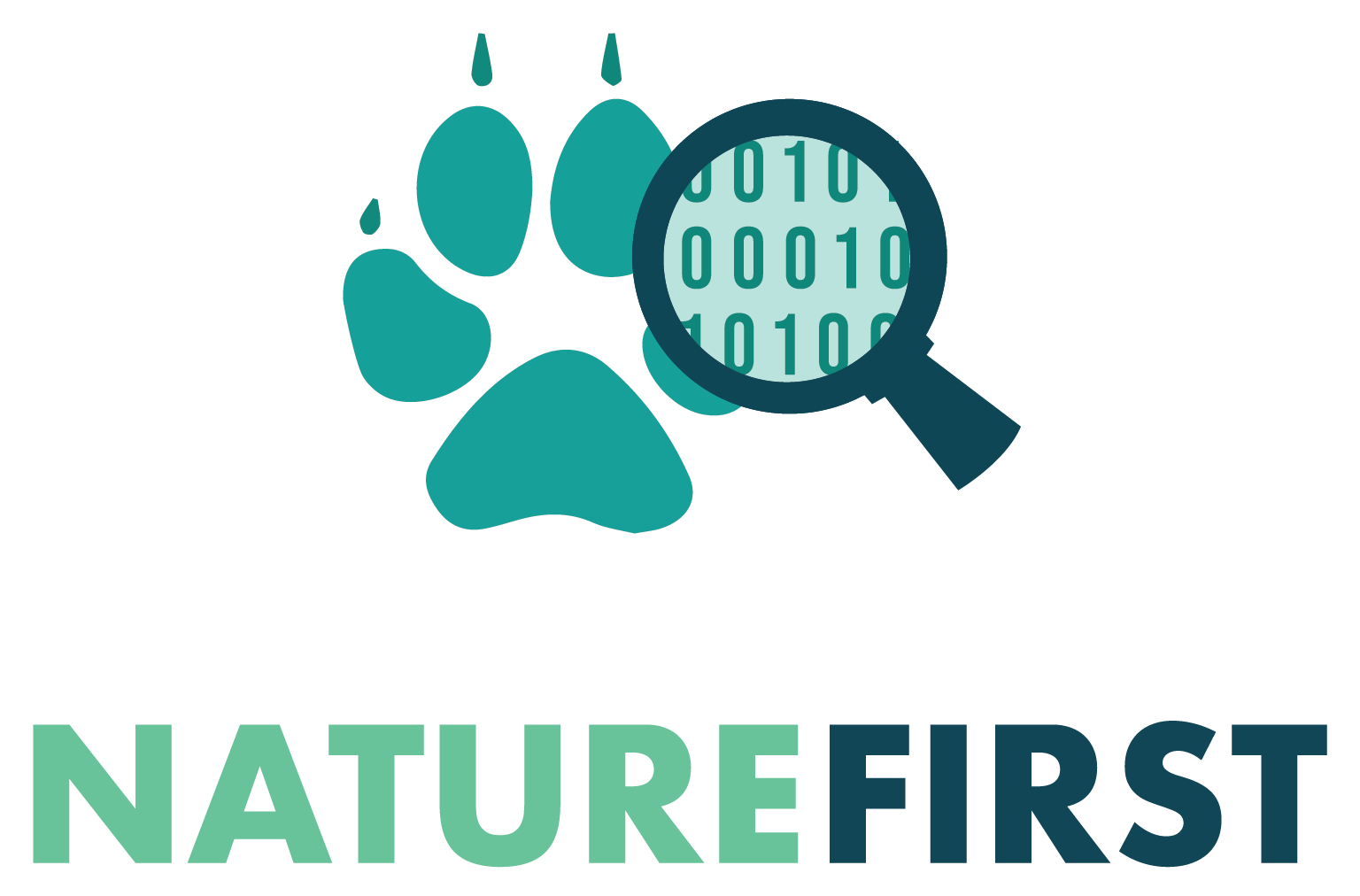About Us
The European Wildlife Forensic Network (EWFN) is a community of professionals working to strengthen the role of forensic science in protecting wildlife and enforcing environmental law across Europe (and beyond). Our aim is to support conservation by encouraging scientific collaboration, sharing expertise, and promoting high standards in wildlife forensic practice.
EWFN connects forensic scientists, law enforcement, conservationists, and policymakers who are involved in investigating wildlife crime. This includes everything from illegal trade and poaching to habitat destruction and species trafficking. By working together, we help ensure that forensic evidence is used effectively in the fight against environmental crime.
We believe that strong, science-based approaches are essential for protecting Europe’s biodiversity. Through training, research, and cooperation, EWFN is helping to build a more coordinated and effective response to wildlife crime.
MISSION
Our mission is to connect professionals working in wildlife forensics to share knowledge, build skills, and learn from each other’s experiences. While rooted in Europe, we aim to foster international exchange and apply what we learn in diverse legal, ecological, and cultural settings. By promoting good science and strong collaboration, we help ensure that wildlife crime is taken seriously and addressed with the right tools.
VISION
We envision a world where wildlife crime is effectively addressed through a strong, connected, and globally supported forensic framework. A world where wildlife forensic science is a trusted and widely applied tool for protecting biodiversity, advancing justice, and responding to environmental crime across a variety of regions and contexts.
Sustainable Development Goals
Our actions support the 17 Sustainable Development Goals of the United Nations. Especially:
TAKING WILDLIFE CRIME TO THE JUSTICE SYSTEM
When a crime is committed, evidence is left behind, and it must be handled carefully. And so forensic science has become indispensable in the modern justice system. The same should apply to wildlife crime. Where witnesses are silenced, systems are sometimes corrupt, and animals cannot testify…the objective evidence needs to speak.
There is a global and urgent need for education in wildlife forensics. Crime scenes need to be processed within forensic standards and evidence must be entered into the justice system accordingly. The investment in this forensic field of practice has a ripple effect that spans far beyond endangered species. It will help expose and convict entire crime structures, even up to terrorist organisations.
We have an obligation to no longer look away, but to look closer instead. To train the eyes and minds of passionate wildlife protectors worldwide. And gather the evidence that is desperately needed to fight wildlife crime.
ABOUT FORENSIC INTELLIGENCE FOR WILDLIFE CRIME
Forensic science plays a vital role in combating wildlife crime because it provides hard evidence that can hold up in court. Unlike eyewitness testimony, which may be coerced or influenced, forensic evidence remains reliable and does not change over time. This evidence can help to identify perpetrators and uncover connections within organised crime, even across borders.
Unique traces are left at almost any crime scene, allowing forensic experts to map out the crime and gather valuable insights. By leveraging forensic science, authorities can bring offenders to justice and disrupt illegal trade networks, contributing to the preservation of endangered species and ecosystems.
ACHIEVEMENTS AND NEXT STEPS
The Wildlife Forensic Foundation was founded on April 7th, 2022 by Executive Directors Sonja van Meerbeek and Martin Spitholt. Since then, our team has been actively working to establish and promote the Wildlife Forensic Academy in Buffelsfontein, South Africa. The Wildlife Forensic Academy (WFA) is a pioneering initiative that combines cutting-edge forensic and data techniques with wildlife preservation. Offering on-site training, webinars, and e-learning, it is the world's first institution of its kind.
We are working hard to install the supervisory board and we are applying for ANBI status (to be a qualified public benefit organisation). Once we have acquired this, the donations made to us by individuals or organisations will be tax deductible.
We are also supporting and fundraising for various projects. Support our efforts and join our fight against wildlife crime.
Our partners
















